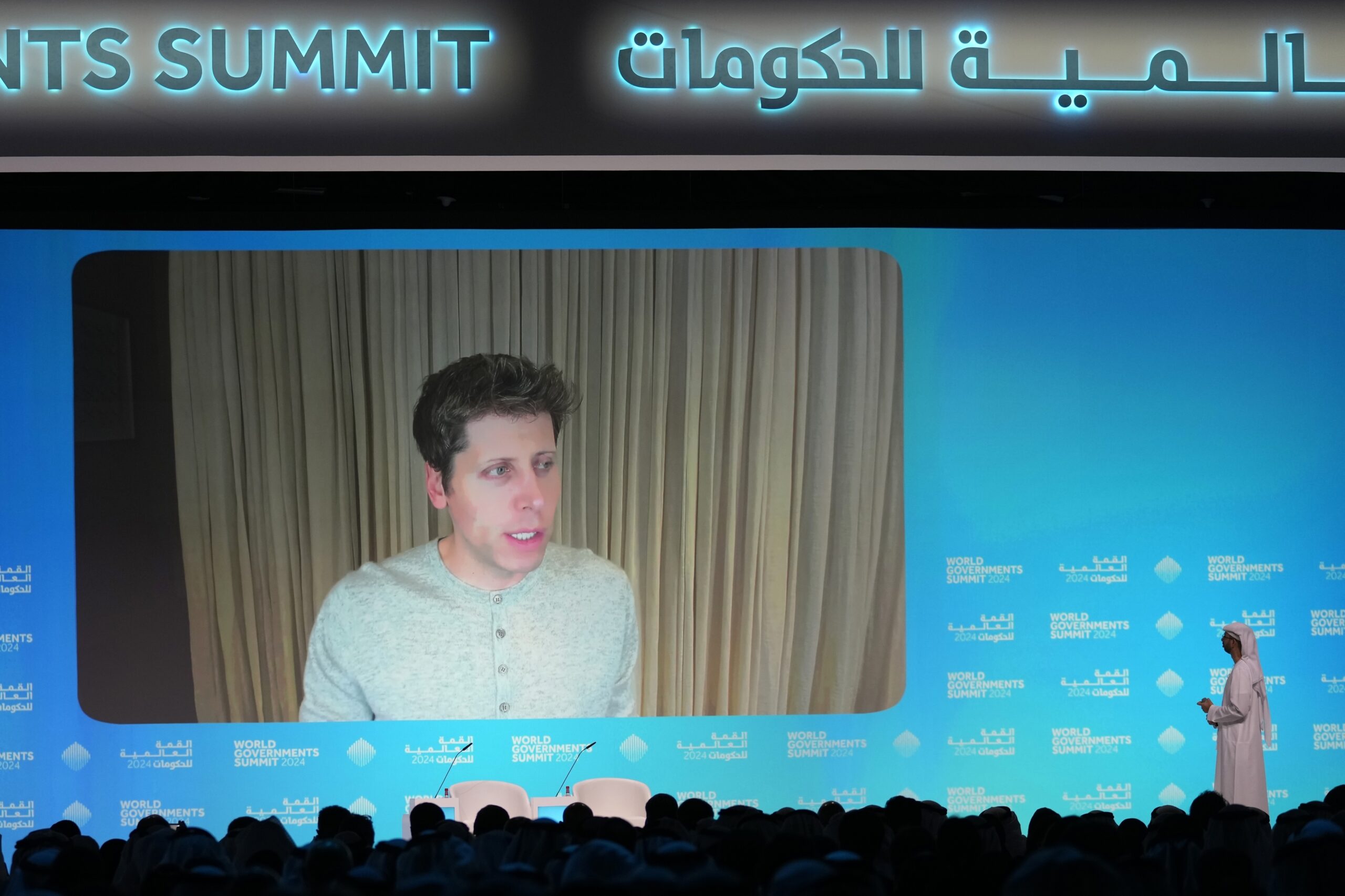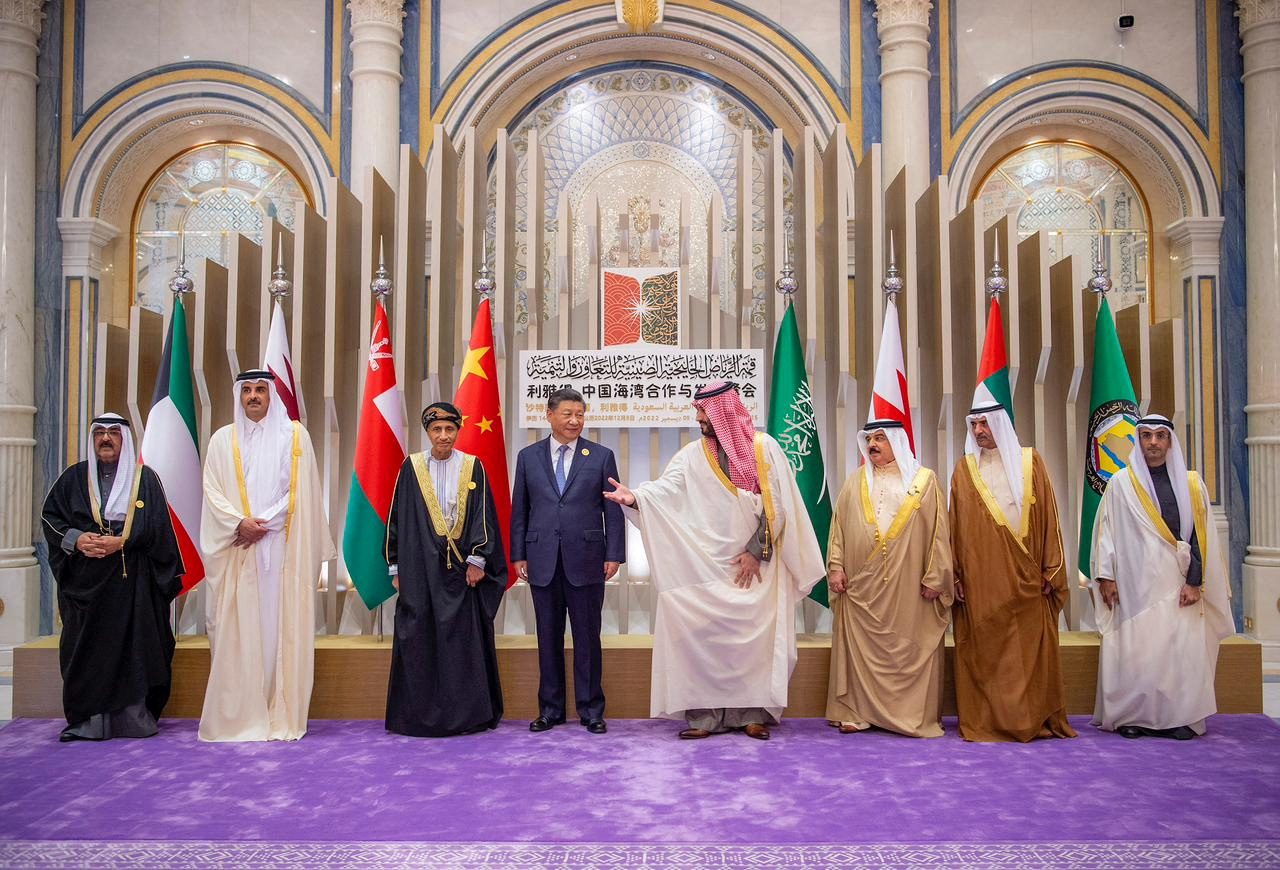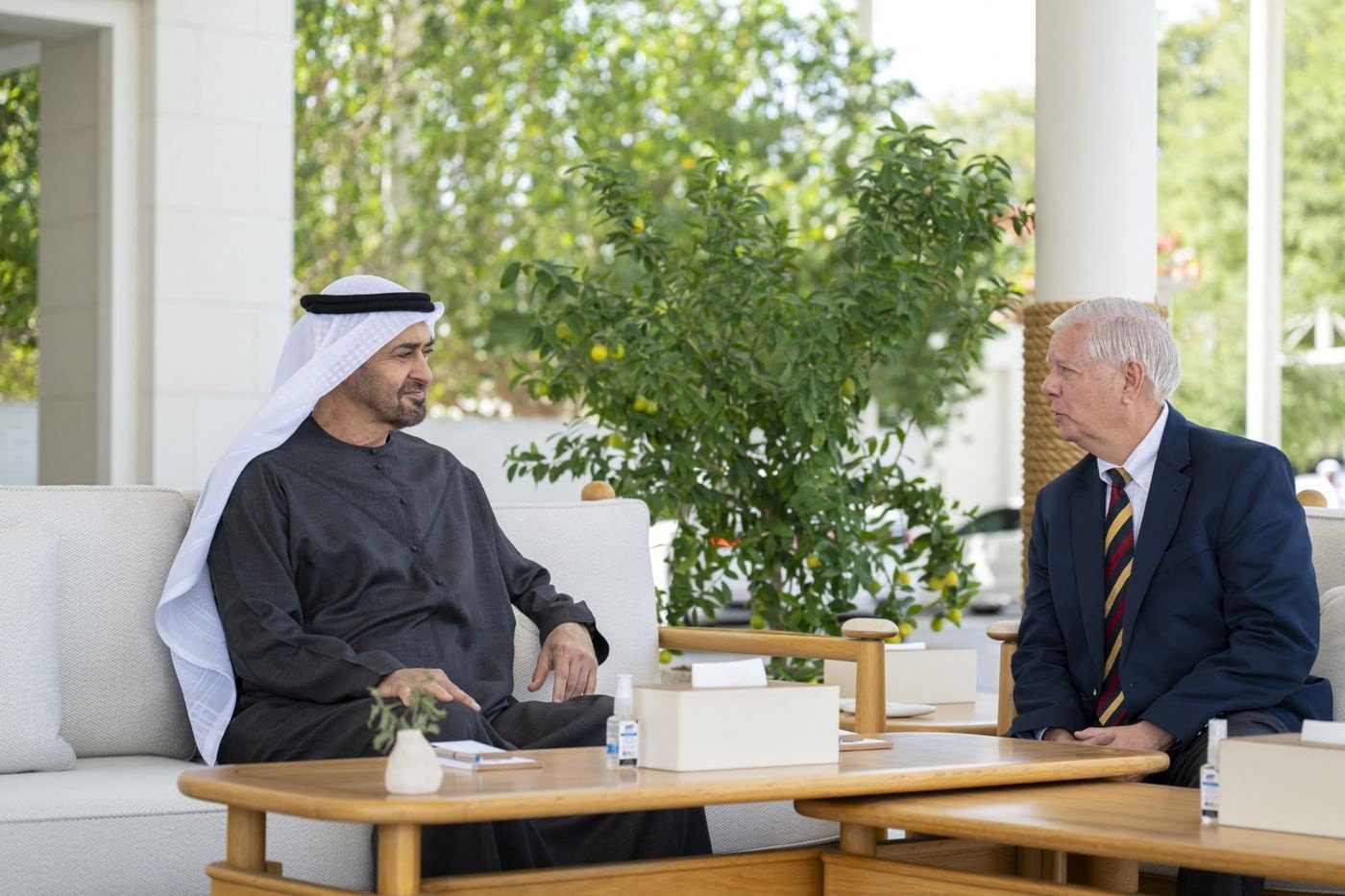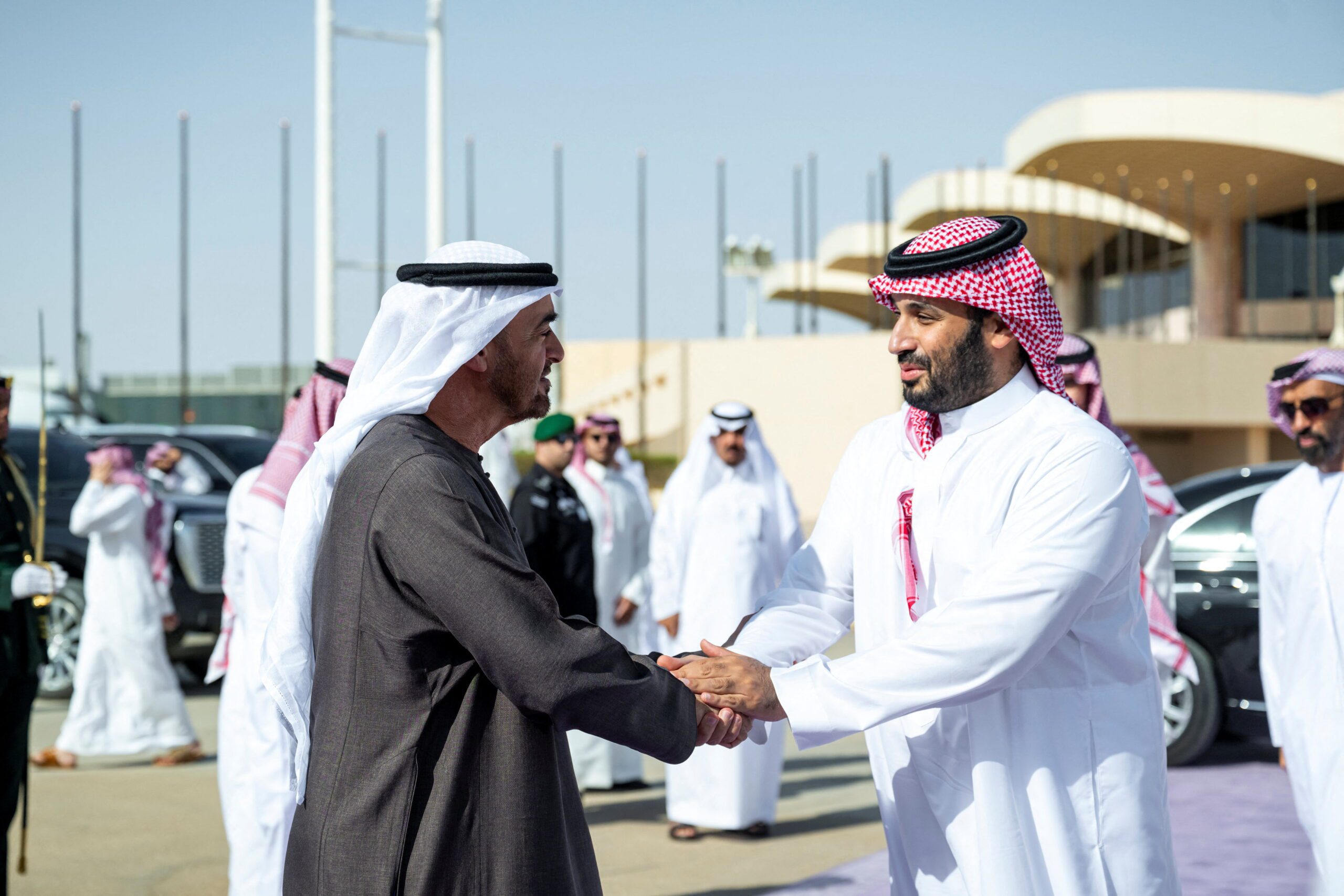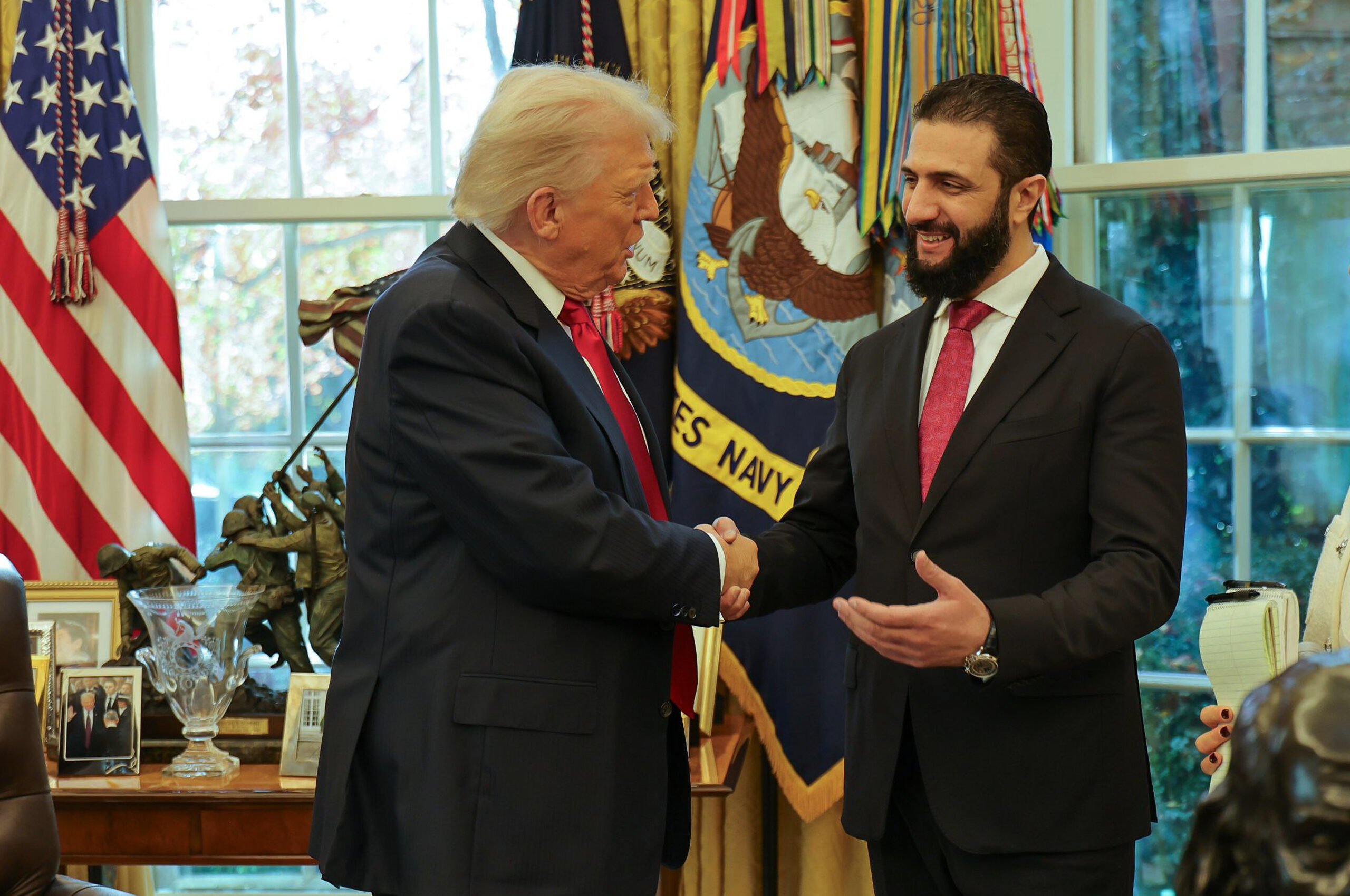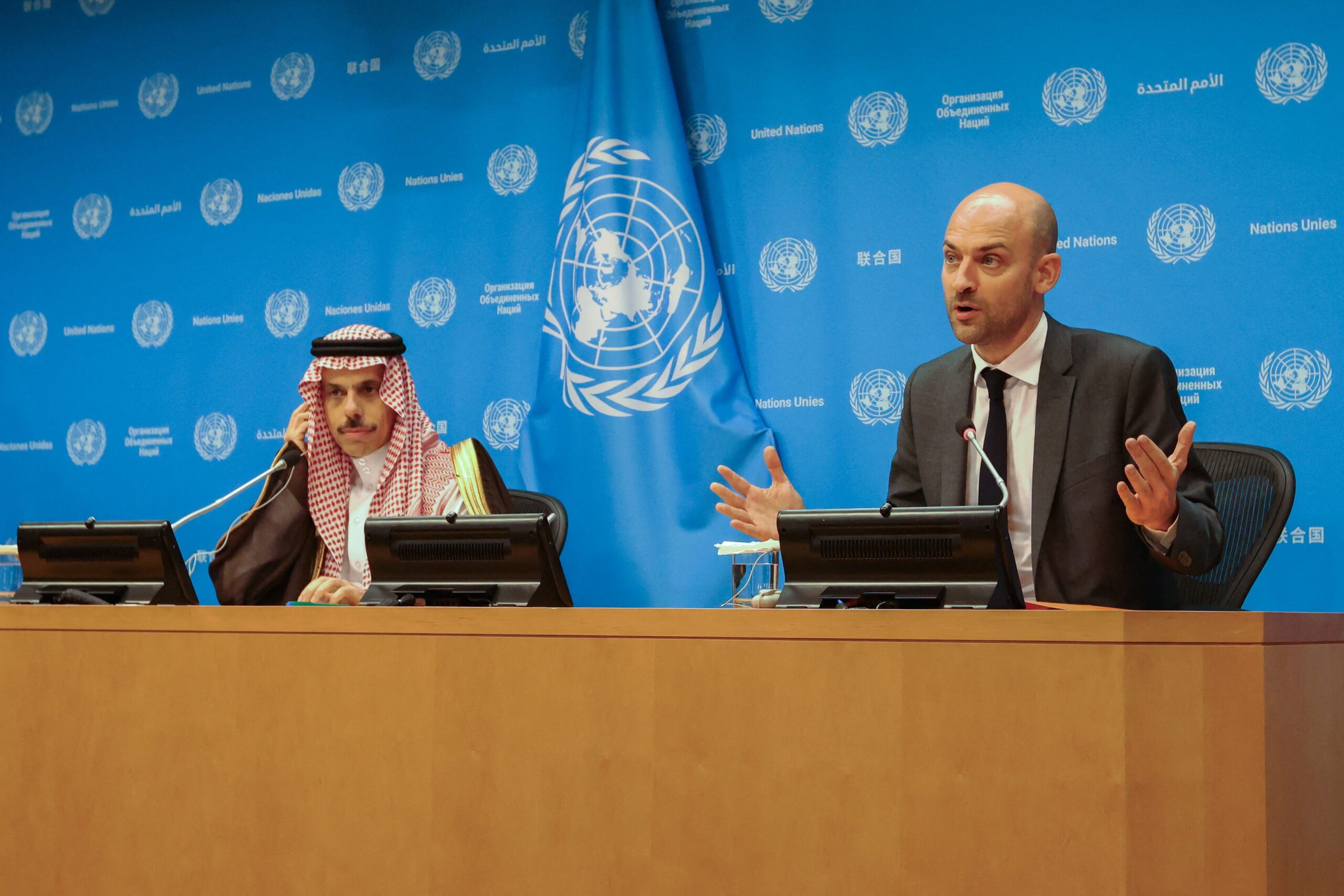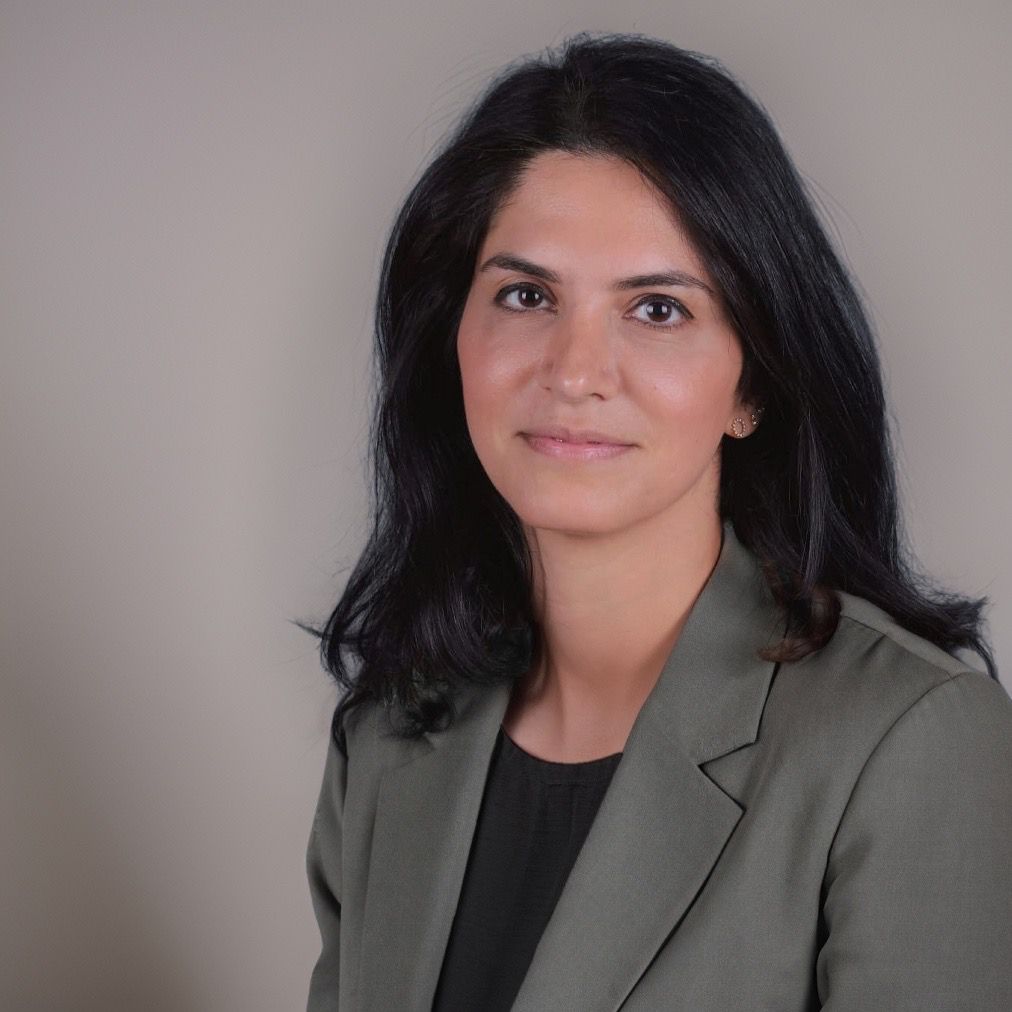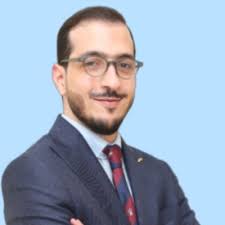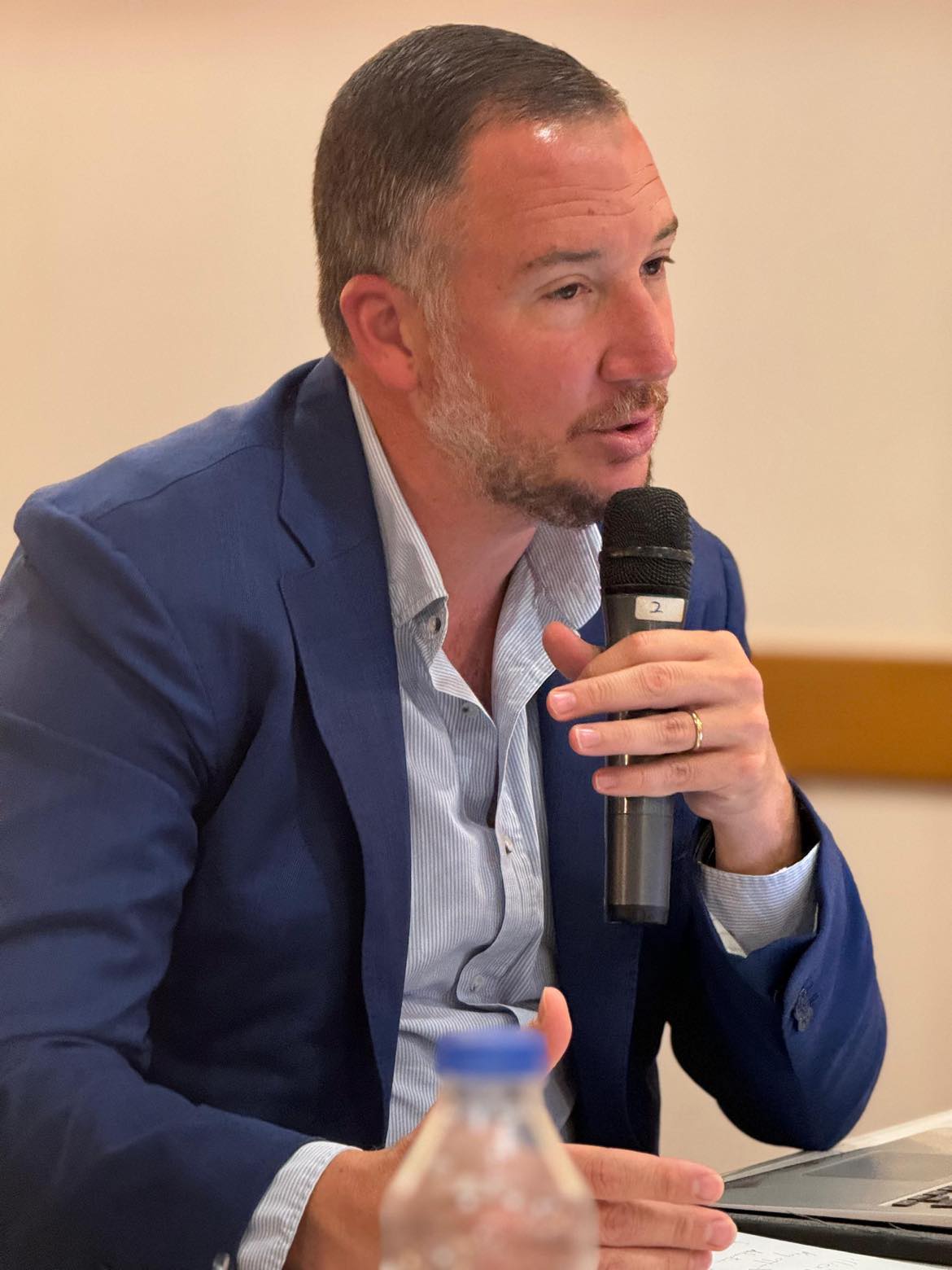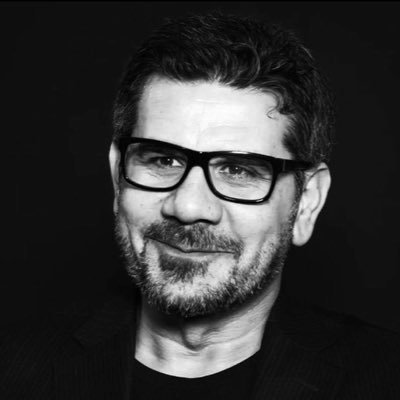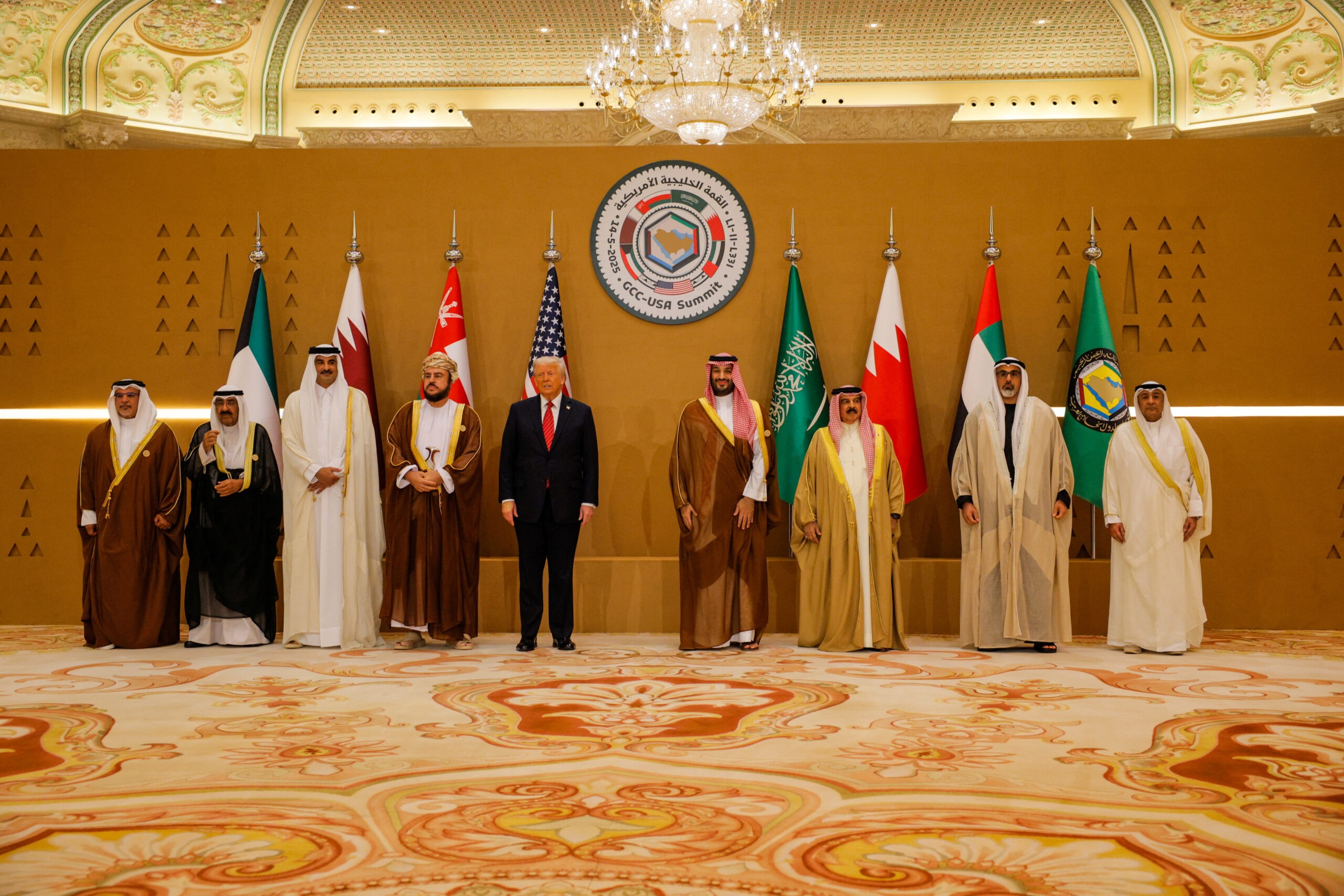AI, Advanced Technology the Focus of Tahnoun Visit
UAE National Security Advisor Tahnoun bin Zayed al-Nahyan’s recent visit to the United States underscores nascent U.S. success in persuading the UAE of the benefits of partnership and access to advanced technology and the risks of sticking with legacy Chinese tech partnerships.
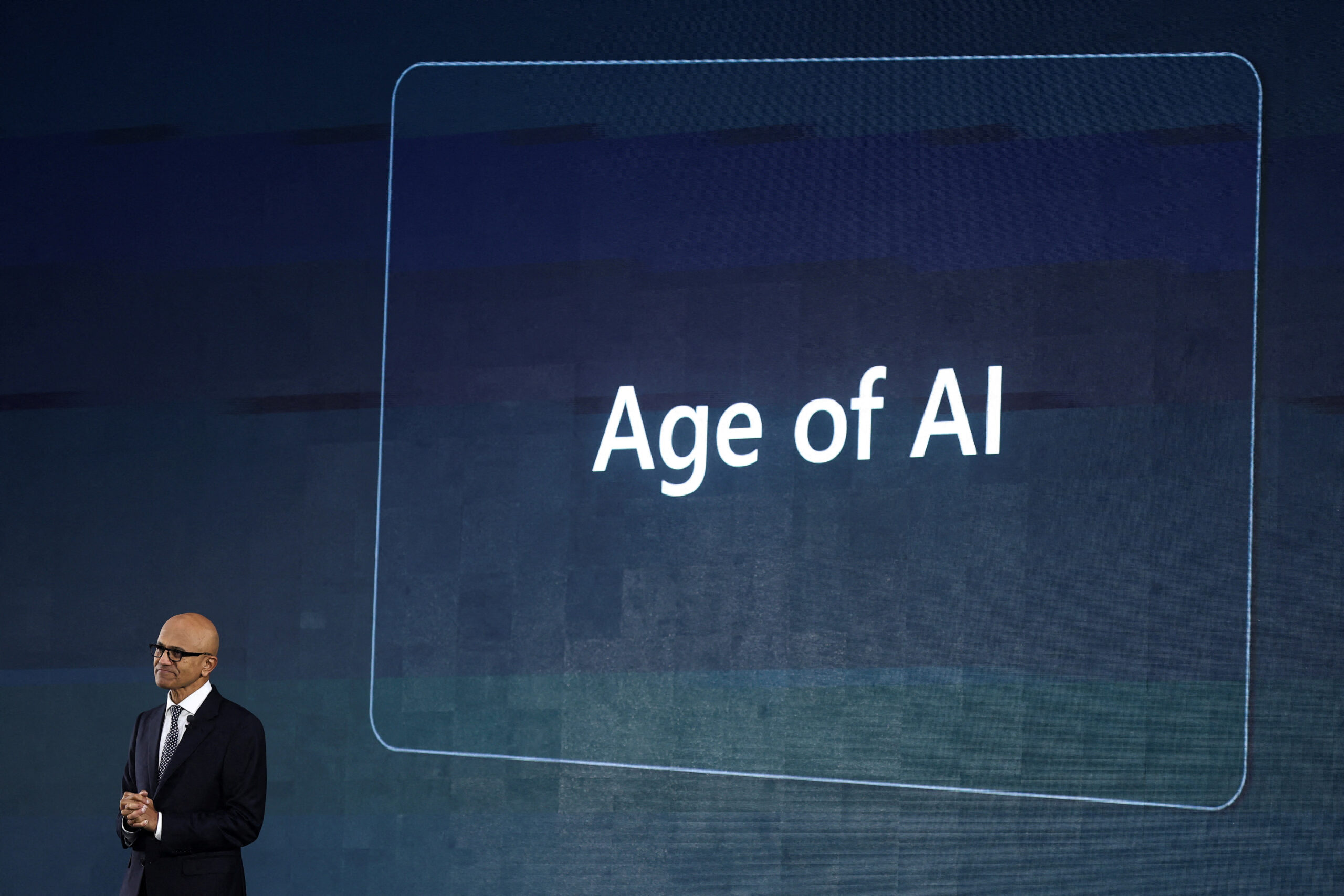
In an early June visit to the United States crowded with meetings with senior policymakers at the White House and Departments of State and Defense as well as on Capitol Hill, among other corridors of power, United Arab Emirates National Security Advisor Tahnoun bin Zayed al-Nahyan managed to focus significant attention on economic issues, such as strengthening cooperation on artificial intelligence and other advanced technology. The deputy ruler of Abu Dhabi, who also wields pivotal influence by virtue of his chairmanships of the UAE sovereign wealth funds ADQ and Abu Dhabi Investment Authority, highlighted on X (formerly known as Twitter) his meeting with U.S. National Security Advisor Jake Sullivan. The two focused on U.S.-UAE strategic relations and regional issues. The two UAE Embassy readouts of the visit noted their reiteration of the enduring bilateral partnership and Tahnoun’s call for an immediate cease-fire in Gaza accompanied by a dramatic increase in humanitarian aid. The two officials also discussed ways to deepen and expand the Abraham Accords.
These strategic discussions were fleshed out in a slew of meetings with U.S. officials who focus on national security issues, including Deputy Secretary of State Kurt Campbell, Deputy Secretary of the Treasury Wally Adeyemo, Director of National Intelligence Avril Haines, White House Coordinator for Middle East and North Africa Brett McGurk, and Deputy Assistant Secretary of Defense for Middle East Policy Dan Shapiro, as well as with Senators Mark Harmon and Chris Coons, both Democrats.
Making Clear the U.S. Is the Partner of Choice for AI
Tahnoun also traveled to Washington state, meeting with Microsoft CEO Satya Nadella and separately with Microsoft founder Bill Gates. Those conversations focused more intently on bilateral “partnership and cooperation in cutting-edge technology.” Even the State Department’s short readout of Tahnoun’s meeting with Campbell was devoted almost exclusively to bilateral cooperation on AI and related tech to drive economic growth and broader opportunity, including in the Global South. Tahnoun’s accompanying delegation, heavily weighted toward tech and investment, included Khaldoon Khalifa Al Mubarak, CEO of mammoth sovereign wealth fund Mubadala, Mohammed Al Suwaidi, minister of national investment, and Peng Xiao, CEO of the UAE’s AI entity G42. Xiao, born in China and formerly a U.S. citizen, became an Emirati citizen in 2016.
The Tahnoun visit served to sharpen U.S. attention on bilateral AI cooperation. UAE Ambassador to the United States Yousef Al Otaiba observed that the UAE “is transforming itself into an AI and advanced technology hub” and underscored that “the United States is our partner of choice” in that and other advanced technologies.
Three pivotal developments in 2024 help explain the careful but forceful stress on AI cooperation during the Tahnoun visit. In mid-April, G42 and Microsoft announced the signing of a partnership agreement that included a $1.5 billion Microsoft investment in G42 – giving the U.S. behemoth a minority stake – and placed Microsoft’s president, Brad Smith, on G42’s board. Collaboration over the previous year, reinforced by an April announcement, committed G42 to use Microsoft’s Azure cloud computing platform for its AI applications.
Divesting From China
That April agreement occurred in the wake of – and was significantly facilitated by – the UAE’s decision in February that G42 would divest from China. G42 representatives made clear that over the past year, Emirati senior officials and company executives, through discussions with U.S. officials, understood they would need to make a fundamental choice between continuing AI cooperation with China or ramping up cooperation with flagship U.S. AI-related companies and ensuring continued access to U.S. tech in the field. Previewing that February decision, G42’s Xiao stated in December 2023, “We are in a position where we have to make a choice. We cannot work with both sides.” Reinforcing that signal of intent, G42 senior official Talal Alkaissi insisted the company “is going all in on the U.S. relationship.”
That divestment decision came in light of January congressional action that almost certainly focused the attention of Emirati policymakers and G42 officials. In a four-page, detailed – and sharp-edged – letter to Secretary of Commerce Gina Raimondo, the House Select Committee on the Chinese Communist Party demanded more stringent oversight regarding Capitol Hill concerns over what the letter termed G42’s “active relationships with blacklisted Chinese entities including Huawei and Beijing Genomics Institute” and related issues. Signed by the committee’s then-chairman, Representative Mike Gallagher (who has since resigned from Congress), the letter also referenced the risk that “hardware and software” developed by U.S. companies, including Microsoft, Dell, and OpenAI, could be diverted to Chinese affiliates. While media accounts surrounding G42’s February divestment decision helped assuage some of these concerns, House Foreign Affairs Committee Chairman Representative Mike McCaul recently expressed concerns about whether there were “the right guardrails” in place to protect sensitive U.S. tech from Chinese espionage. The recently departed Gallagher nevertheless welcomed the Microsoft deal, saying, “America needs the UAE on our team.”
Administration Paves Way for an AI Deal
Interestingly, the administration of President Joseph R. Biden Jr. has strongly supported the Microsoft-G42 deal. A number of trips to Abu Dhabi by senior U.S. officials, including Raimondo, CIA Director William J. Burns, and others, helped pave the way for the agreement by strengthening security arrangements for the partnership. Raimondo expressed confidence those arrangements safeguarded U.S. tech. The Department of Commerce has made clear that any tech transfers would be covered by tech controls, “including currently in force licensing requirements” for AI chips and related tech.
The agreement requires each company to “give security assurances to their respective home governments” and imposes “know your customer” rules that would allow Microsoft to impose – via arbitration courts in the United Kingdom – financial penalties on G42, possibly even including seizure of assets in different countries, if the Emirati company violates the agreement. The agreement also requires G42 to strip Chinese tech from its systems, which it began discussing with Microsoft in late 2023. Department of Commerce approval is needed for the G42 deal with Microsoft to move forward.
All sides seem to appreciate that tech and investment developments may be outpacing law and regulation. In Congress, there is concern about gaps regarding the exportation of AI models, a deficiency a bipartisan group in the House of Representatives is moving to address with proposed legislation. Regarding the U.S.-UAE partnership, despite the close collaboration at governmental and commercial levels, there is no bilateral framework for digital and AI cooperation. Some media accounts emphasized that part of Tahnoun’s visit was focused on making progress on this needed joint framework, an effort also referenced in the UAE Embassy visit readout.
Boxing Out China
Beyond the four corners of the Microsoft-G42 deal and the specifics of the Tahnoun visit, the U.S.-UAE AI-related developments are taking place amid other important considerations and developments. First, the United States has been playing catch up over the past half decade after initially not completely grasping the foothold in AI and related advanced tech that China was establishing in the Gulf. There has also been an accelerating effort on the part of the United States to box out China and block its efforts to advance tech – and assert regional influence – on the back of U.S. tech breakthroughs by enlisting U.S. companies to help lure Gulf countries away from Chinese technology. At the same time, AI ventures in the United States have created demands for enormous levels of funding that Gulf countries, such as the UAE, can help address, while Gulf Arab countries are increasing efforts to transition away from reliance on hydrocarbons to an intense focus on AI and green energy as part of economic diversification initiatives.
The Tahnoun visit, with the Microsoft deal that preceded it, is emblematic of the mutual, deeply beneficial aspects of the U.S.-UAE relationship, despite – or taking into account – UAE hedging and maintenance of a multipolar strategic perspective that looks beyond a singular focus on U.S. interests and seems to question the reliability of the United States as a security partner. Regardless of any questions, the UAE has made clear it relies on the United States and seeks tighter security commitments. On the economic side, UAE investment in the U.S. economy currently tops $1 trillion, led by the sovereign wealth funds represented on the visit. In 2023, for the 15th straight year, the UAE was the United States’ largest export market in the Middle East, with exports totaling $24.8 billion. And the UAE continues to demonstrate commitment to the dollar and the dominant role of U.S. finance. In short, the visit reinforces the overall strengths of the relationship and points the way to new avenues of cooperation, both at governmental and private levels.
The views represented herein are the author's or speaker's own and do not necessarily reflect the views of AGSI, its staff, or its board of directors.


